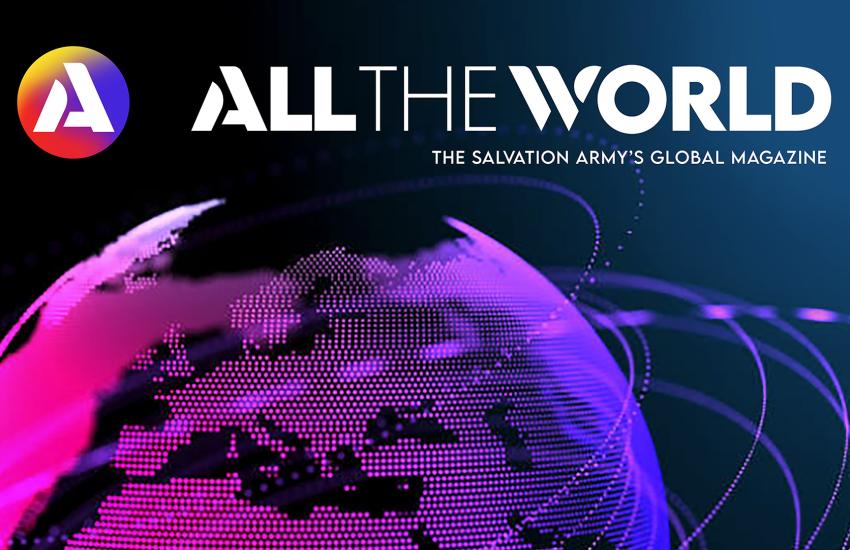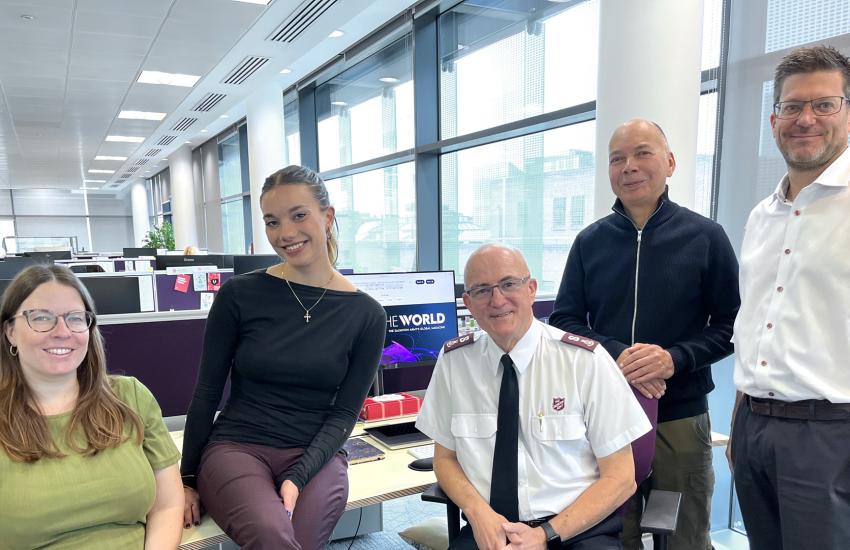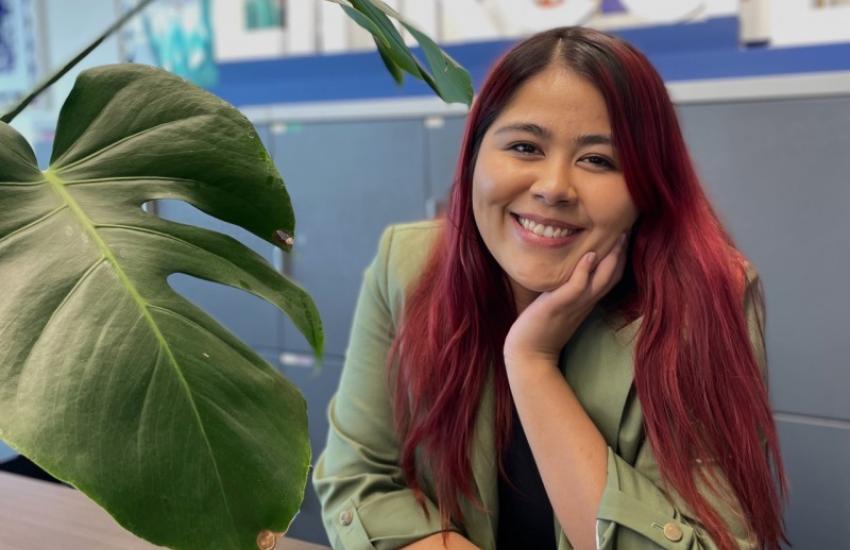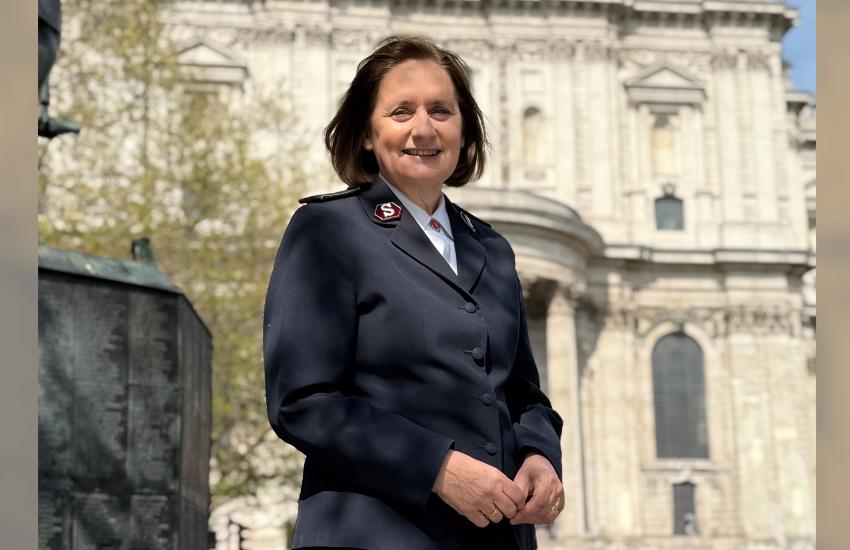India
Salvation Army relief distributions continue along the coastal areas devastated by the tsunami, but plans are now being made for reconstruction. The feeding kitchens providing hot food will soon close, as people become able to prepare for themselves the basic foodstuffs they receive. The Salvation Army has distributed hundreds of small kerosene stoves to help families towards self-sufficiency.
The Salvation Army expects the government will ask it to help reestablish two villages in the Kanyakumari district on the southernmost tip of India. It will help rebuild or relocate homes and resettle families in these largely Roman Catholic communities near Nagercoil, where The Salvation Army’s Catherine Booth Hospital is located.
The biggest need in most coastal areas around the Indian Ocean, is for fishing boats, nets and help in restoring the fishing industry to its place as the principal means of earning a living throughout the regions affected by the tsunami.
Lieut-Colonel Roland Sewell (IHQ) flew to the Andaman Islands with Salvation Army leaders from India. They found much destruction there and hope that the Army will be able to make an important contribution to the rebuilding of the devastated communities.
Sri Lanka
The base for The Salvation Army’s relief and development activities in Sri Lanka is an unoccupied conference centre owned by The Salvation Army in the town of Hikkaduwa, close to Galle in the south of the island. Captain Mike McKee (IHQ) expects that the Army will build 1,000 houses in the region of Galle for those made homeless by the tsunami. U.S.-based Caterpillar Inc., the world’s largest manufacturer of earth-moving equipment, has offered to make available to The Salvation Army, free of charge, its heavy lifting equipment already in the area.
Captain Peter Hammond (UK) flew to the northern tip of Sri Lanka on Saturday, where he met with the Salvation Army corps officer in Jaffna and with local authorities. He reports that there is no shortage of food or water, although there is a need for other basic supplies and temporary accommodation. The authorities are pleased the Army is willing to help, and identified a need for cooking utensils for 5,000 families, and temporary shelter for 174 families who are presently living in a school building that is needed for the recommencement of classes.
Few NGOs are operating in this Tamil-held part of northern Sri Lanka. The Salvation Army, on the other hand, has been working there for many years. Its local corps had just completed a distribution of food in the community as part of their Christmas programme when the tsunami struck on Boxing Day. Their return with food, water and other essentials within hours of the disaster cemented a special relationship with the people in this area. While he was there, Captain Hammond was able to take part in a distribution of food to the 174 families living in the government school building.
The Salvation Army has a church and girls’ home at Batticaloa on the east coast of Sri Lanka. Local Salvation Army members have helped to distribute food and other essentials immediately after the tsunami and report that, although the home sustained some damage, all the children were safe.
The Salvation Army team in Meulaboh, Indonesia, has been able to move deeply into the ravaged coastal areas, escorted by the military. The region is under the control of the military, and all relief is conducted under its supervision.
Lieut-Colonel Dawn Sewell (IHQ), the leader of the assessment and relief team, is returning to London this week and is being replaced by Major Dina Ismael, a former leader of The Salvation Army’s International Emergency Services Steering Committee, who is Indonesian. The Salvation Army appears to be one of only 10 non-governmental organisations to have made it to Banda Aceh.
South Asia Catastrophe Update 11 January
Discover more

The Salvation Army celebrates the launch of new a online magazine
A redesigned and reimagined All the World is now live!

A brilliant idea
Major Peter McGuigan writes about All the World and introduces its team

The core of the Christian faith
After 1,700 years, the Nicene Creed is still relevant today

Five minutes with... Fernanda Rivera
From Mexico City to global platforms, Fernanda Rivera is a passionate advocate for youth inclusion and blends faith, activism and community to empower young voices. In this Q&A, she shares her daily work, spiritual journey and her hopes for the

Be yourself, be available
Major Peter McGuigan sat down with Commissioner Jane Paone, The Salvation Army’s Secretary for International Ecumenical Relations, and discovered a story for the ages
A magazine for the ages
Commissioner Ted Horwood introduces The Salvation Army’s new digital All the World